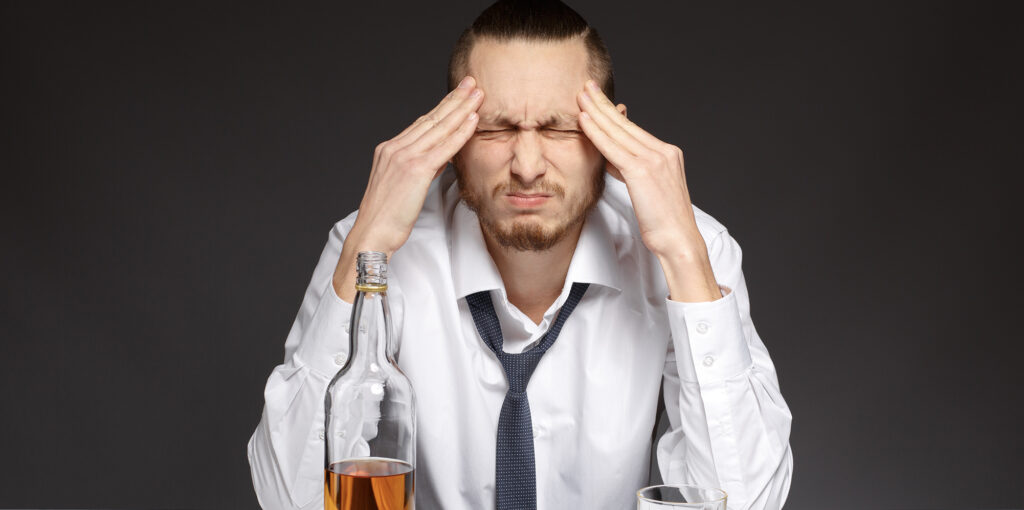
Understanding negative effects of alcohol
Introduction:
Many people drink alcohol when they get together for parties and special occasions. While moderate drinking may not pose immediate health risks, it’s important to be aware of the potential consequences, including dehydration. In this article, we will explore the process of alcohol-induced dehydration, its effects on the body, and the measures you can take to stay hydrated while enjoying your favorite alcoholic beverages.
The Dehydration Process:
Alcohol makes you pee more, and this can make your body lose fluids.. When consumed, alcohol inhibits the release of an antidiuretic hormone called vasopressin, which is responsible for regulating water balance in the body. As a result, more water is expelled through urine, leading to dehydration.
Negative effects of alcohol
- Increased Fluid Loss: Alcohol stimulates the kidneys to produce more urine, causing the body to lose water rapidly. This can lead to a higher risk of dehydration, especially when consuming alcohol in larger quantities.
- Electrolyte Imbalance: Along with water, essential electrolytes like sodium, potassium, and magnesium are also lost during excessive alcohol consumption. These electrolytes play a crucial role in maintaining proper hydration and bodily functions. Imbalances can result in symptoms such as muscle cramps, fatigue, and headaches.
- Impaired Fluid Absorption: Alcohol interferes with the body’s ability to absorb and retain water. This can hinder the rehydration process, making it harder for the body to replenish lost fluids even when drinking water or other hydrating beverages.
Tips for Staying Hydrated While Consuming Alcohol:
- Drink Water in Between: Alternate alcoholic beverages with glasses of water. This helps maintain hydration levels by offsetting the diuretic effects of alcohol and preventing excessive fluid loss.
- Choose Hydrating Beverages: Opt for hydrating drinks like water, coconut water, or electrolyte-rich sports drinks to replenish lost fluids and electrolytes.
- Monitor Alcohol Consumption: Be mindful of your alcohol intake and pace yourself. Limit the number of drinks you consume to avoid excessive dehydration.
- Eat Hydrating Foods: Consume foods with high water content, such as fruits and vegetables, to supplement your fluid intake and provide essential nutrients.
- Be Aware of Warning Signs: Pay attention to signs of dehydration, such as increased thirst, dry mouth, dizziness, and dark-colored urine. If you have these symptoms, make sure to hydrate right away.
Conclusion: While enjoying alcoholic beverages, it’s crucial to be aware of the potential dehydration effects that can occur. By understanding the dehydrating nature of alcohol and taking proactive measures to stay hydrated, you can minimize the risks associated with excessive fluid loss. Remember to prioritize water consumption, moderate your alcohol intake, and make conscious choices to maintain optimal hydration levels. By doing so, you can strike a balance between social enjoyment and responsible alcohol consumption while safeguarding your well-being.
